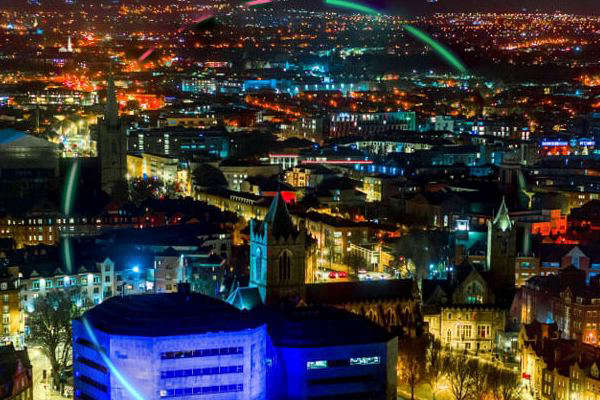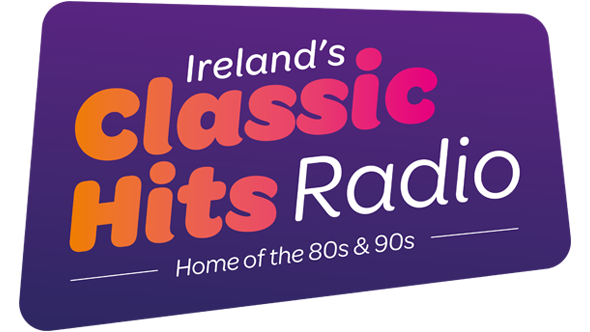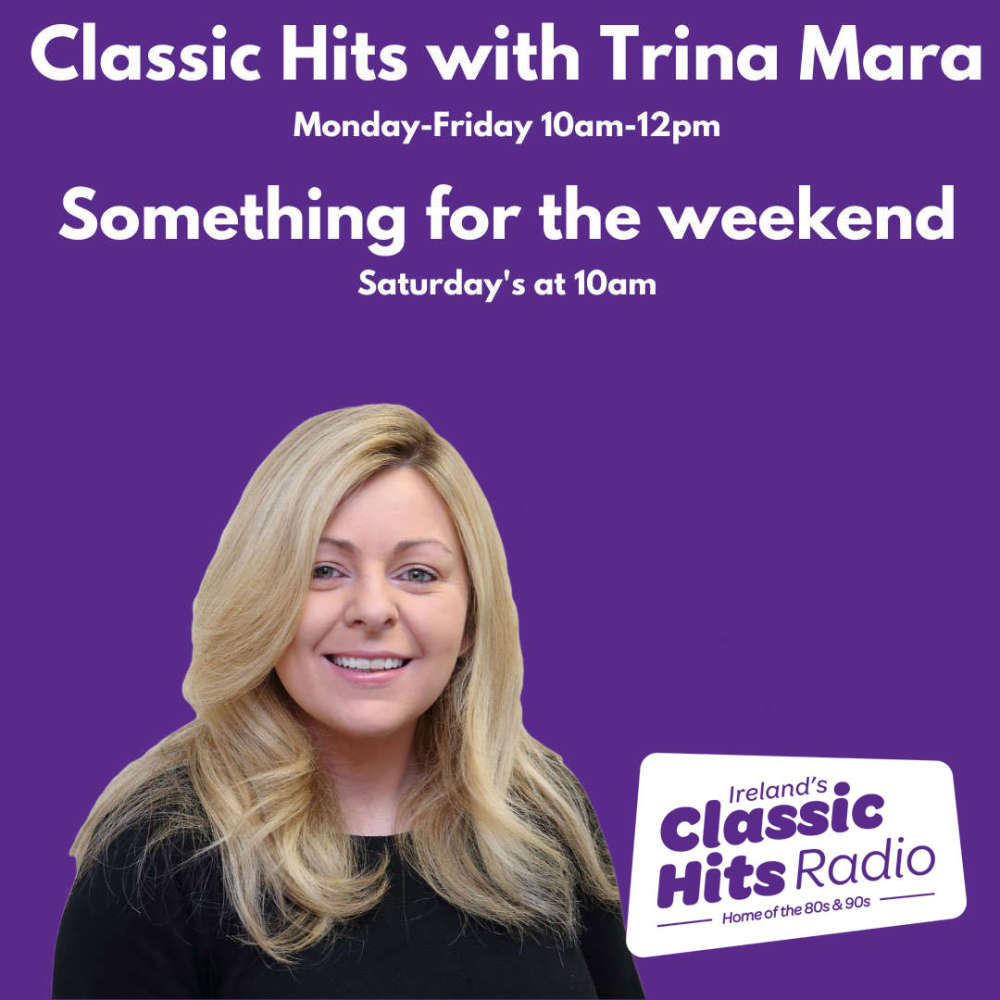
Dublin City Council has announced a plan designed to revitalise the city’s night-time economy as part of the Dublin City Night-time Economy Strategy
Dublin City Council has announced the launch of a transformative plan designed to revitalise the city’s night-time economy. The Dublin City Night-time Economy Strategy outlines an ambitious vision to create a dynamic, inclusive, and vibrant nightlife that will attract both residents and visitors.
The Night-Time Economy Taskforce recommended the creation of Night-Time Economy Advisors and Committees in key cities and towns across Ireland, including Dublin, Cork, Galway, Kilkenny, Drogheda, Longford, Sligo, Limerick, and Buncrana. These roles are intended to harness the social, economic, and cultural potential of Ireland’s night-time economy, focusing on areas such as regulation, safety, transport, and the diversification of night-time activities.
The strategy aims to position Dublin as a leading night-time destination in Europe and is built around three core pillars:
- Cultural Activity
- Mobility and Transport
- Safety
The plan is spearheaded by Ray O'Donoghue, Dublin’s newly appointed Night-Time Economy Advisor, and supported by the Department of Tourism, Culture, Arts, Gaeltacht, Sport, and Media.
Ray O'Donoghue, speaking about the strategy, said, “This plan is a call to action for all stakeholders to unite in crafting a sustainable, exemplary, and world-class nightlife. It envisions a safer, more inclusive, and culturally vibrant Dublin. We want to make Dublin one of Europe’s top night-time destinations through tangible, on-the-ground initiatives.”
Key Measures of the Strategy Include:
- Late-Night Programming: Coordinating venues and cultural institutions to extend late-night events.
- Safe Spaces: Establishing dedicated safe spaces in key night-time districts.
- Pop-Up Events & Café Gigs: Introducing pop-up events and gigs to enhance the overall night-time experience.
- Art Installations & Film Screenings: Showcasing temporary public art installations and film screenings to infuse vibrancy into the city's public and cultural spaces.
- Improved Lighting: Collaborating with City Coordination to improve lighting in high-traffic areas.
- Enhanced Public Transport: Promoting increased frequency of public transport to ensure safe and accessible travel for everyone.
- Campaigns and Training: Launching awareness campaigns and providing training to promote best practices, ensuring a night-time economy free from discrimination.
A newly established night-time economy steering and advisory group will oversee and ensure the successful implementation of these initiatives.
Dublin City Council invites all stakeholders and the public to support and participate in this exciting new chapter for Dublin’s night-time economy.
Catherine Martin, Minister for Tourism, Culture, Arts, Gaeltacht, Sport and Media, praised the initiative, stating: "This strategy marks a crucial step forward in reimagining Dublin’s nightlife. By supporting cultural vibrancy, we can unlock the full potential of our night-time economy. I believe that a thriving nightlife will not only boost the city’s economy but also strengthen our sense of community and make Dublin a more inclusive and exciting place to live and visit. This was a key aim of the Night-Time Economy Taskforce, and I am delighted that the new Night-Time Advisor role, supported by my Department in Dublin City and 8 other locations across the country, is having a really positive impact, and I would like to thank Ray, the wider DCC team, and all those involved in shaping this Plan.”
A recent report from the Mastercard Economics Institute ranked Dublin as the fourth top nightlife destination in Europe, behind only London, Paris, and Barcelona, based on summer spending in 2023. This ranking underscores the growing appeal of Dublin as a vibrant hub for nightlife.
The Night-Time Economy Taskforce was established under the Programme for Government and published its report in September 2021, offering 36 actionable recommendations to improve regulation, transport, planning, safety, and the diversification of nightlife. One of these actions, Action 19, led to the appointment of Night-Time Economy Advisors in key locations across Ireland.


 Brand New Night Club To Open In Dublin This Weekend
Brand New Night Club To Open In Dublin This Weekend